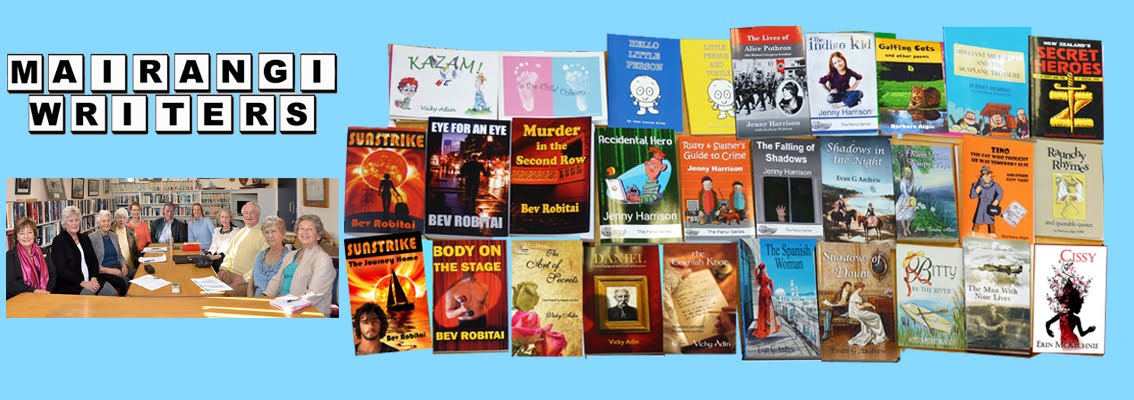Sadly, we writers spend more time worrying about commas than worrying about the titles of our books. I believe we should be thinking about our title as soon as we put our fingers on the keyboard and type ‘Chapter 1’. It is critical that we have the right title, one that is going to entice our reader in through the portals of page 1. Quite literally; titles sell books. Write that one hundred times and stick it up on your Creative Board so that you see it every day.
Here are a few ideas on how to find that winning title. First off there is no formula to creating a good title. Nor is there a copyright but it’s a good idea to check out amazon.com where you’ll probably find almost all recently published books. Put your title into ‘search’ and see what comes up.
We Indie writers don’t have to worry about a publisher scrapping a beloved title and putting one of their own in its place. That happened to me with Debbie’s Story. I wanted to call it Flying on Mended Wings and had a lovely quote to go with it. (Gustav Mahler wrote; “On wings I acquired through suffering I will soar”.) The final title is pretty mundane but the sales department thought they could sell a book called Debbie’s Story whereas they couldn’t with my original title. Which they did. It was a bestseller. On the flip side, while being an Indie writer gives us the freedom to put the title of our dreams on our book it also gives us the opportunity to make a big fat boo-boo.
Your title needs zing. It needs to be intriguing. Think of Norman Mailer’s book The Naked and the Dead. How would it be sold if the title was The Nude and the Deceased? Not very well, I imagine.
If you’re planning a series, think about the connection; think Janet Evanovich and numbers: Hot Six, Smokin’ Seventeen, Sue Grafton’s alphabet titles. I’ve just found Twenty eight and a Half Wishes by Denise Grover Swank. It’s the first in her series. The next one is Twenty nine and a Half Reasons and then Thirty Four and a Half Predicaments. And so on.
So how do we get from here to there? Scour books of quotations, poetry books, your local book shop shelves, your own bookshelves. You’re a writer, right? You have books all over the place, right?
Try to think of an object or a symbol that represents the theme of your book. Metaphors also work pretty well, when the author put two things together that don’t normally go together and comes up with a brilliant title:
- Tender is the night
- A moveable feast
- The catcher in the rye
- The grapes of wrath
Ask your beta-readers to check out your list of
titles (the twelve or so you have conveniently placed on your title page) and
ask for a rating.
It’s hard finding the right title. I’ve known
writers racked with indecision, gibbering. When all else fails remember you can
always re-package.
Jenny Harrison
Thanks Jenny, our Mairangi Writers Country Correspondent and Blog Writer extraordinaire! Officer in Charge really appreciates your work. :)
